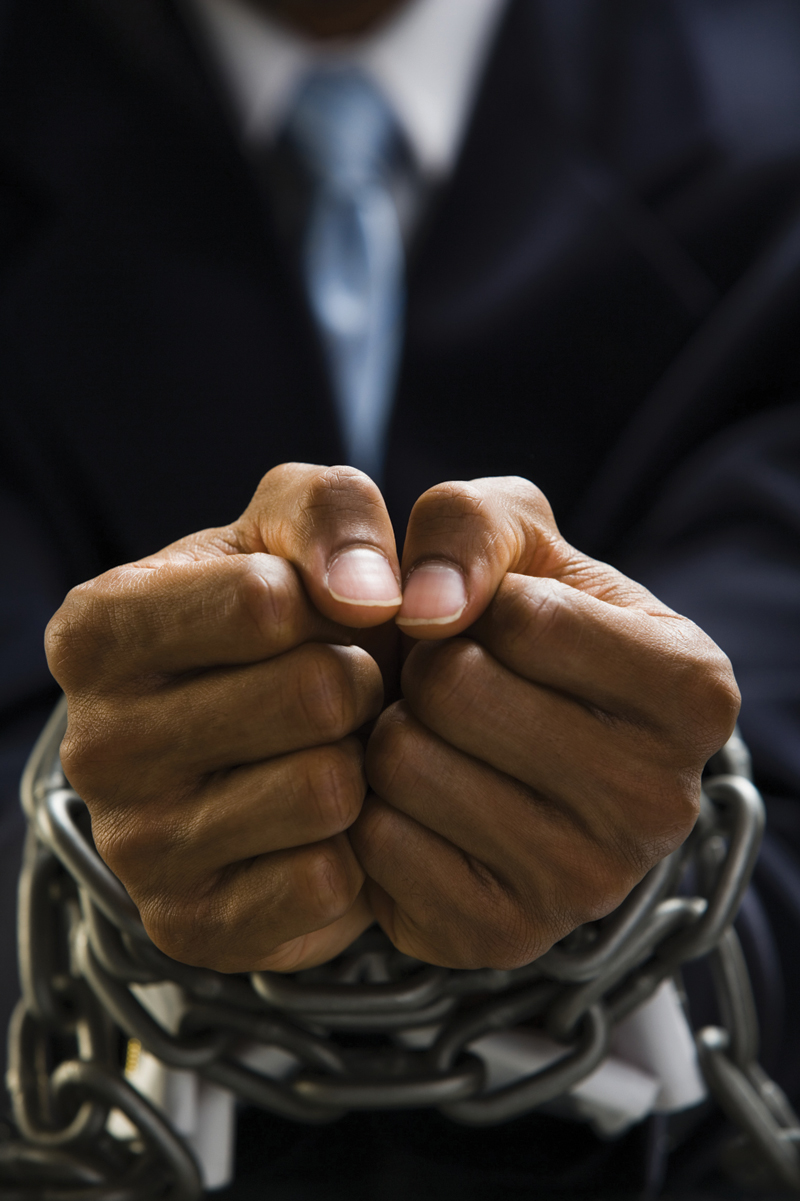Credit Cards & Loans
Coping with debt: the DOS and DON’TS

Increasing numbers of people are struggling to cope with the burden of debt, regardless of their pay packet and social standing.
With car insurance rising by 67% in five years, gas bills rising by 52% and petrol by as much as 33%, according to figures from uSwitch, there is precious little cash to spare at the moment.
But once people fall into the debt trap, it is often a vicious cycle they struggle to get out of and although it can be tempting to go down a quick-fix route like a payday loan, it has entirely the opposite effect.
If you are struggling with the burden of debt, you need a plan to succeed with your financial affairs.
Here are the dos and don’ts of being in debt from the experts:
DON’T bury your head in the sand- the sooner you get advice about your debts, the easier it will be to deal with the situation. Open the bills and letters that come through the post – not facing up to the true extent of your debt will only mean you get more into debt.
DO get some free advice – think carefully before going to a fee-charging adviser when free, independent help is available.
DON’T borrow money to pay off your debts without thinking carefully – always take advice before making this step. Quick fixes like payday lenders are a bad idea, the interest they charge are so extortionate, you will find it extrememly difficult to get out of debt.
DO work out a budget to help decide how much you can put towards repaying debts – a money adviser can help construct a budget, or you can visit www.mymoneysteps.org.
DON’T ignore your priority bills – these are the bills that could land you in court. You might feel that the lender who is likely to turn up at the door is daunting; it is often the failure to pay off council tax that lends people in court. Don’t ignore these payments, it is a crime.
DO make sure you focus on your most expensive debt first – some debts are more important than others – for example if you fall behind on mortgage payments you could lose your home.
Always remember to at least pay the minimum on all your debts each month, but if you have any extra you can use to reduce the debts more quickly, target that towards the one with the highest interest rate.
DON’T struggle on your own – free, independent advice is available from a range of charitable organisations and letting people closest to you know that you are struggling can also help alleviate the burden.
If you have children, sit down with them and make sure you explain to them why you may have to cutback and what it means for the household.
DO check what’s covered on insurance you might have – If you have lost your job, or are off work because of illness check whether your payments are covered by payment protection insurance – always read the small print of these policies.
DO check that you are claiming all the benefits you can – go to www.direct.gov.uk and look at the money, tax and benefits section, also visit www.turn2us.org.uk.
DON’T save until you start paying off debt – only save if you can get more in interest than you pay on a debt.
If you are paying 18% on your credit card interest, and getting 2% on your savings, even in a cash ISA at present, then you are going to be losing out overall by putting money in savings before clearing your credit card.
When it comes to improving your overall financial position, it is better to put your money into reducing your debts before you think about saving.
DO look at making some extra cash – sell off things you might not need, and look for ways to cut back on your monthly outgoings. Even the cost of a Latte every morning can rack up.
